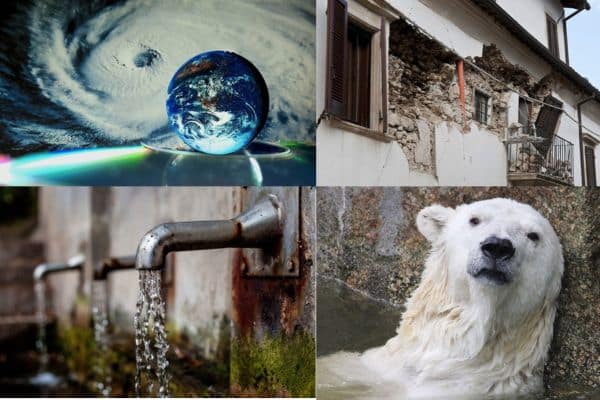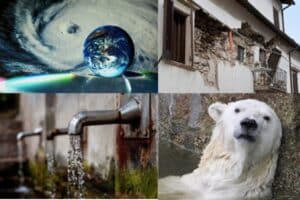Environmental Geology and its Scope
 Definition of Environmental Geology:
Definition of Environmental Geology:
Environmental geology is a field that applies geological knowledge to address environmental issues. Here are some of the important topics covered under environmental geology:
- Natural Hazards
- This branch of environmental geology studies the Earth’s natural hazards such as earthquakes, landslides, floods, sinkholes, and volcanoes. Environmental geologists assess the risks posed by these hazards and recommend mitigation strategies to minimize their impact on people and infrastructure.
- Water Resources
- Environmental geologists play a crucial role in managing water resources. They study groundwater flow patterns, assess water quality, and identify potential sources of contamination. They are also involved in finding solutions for sustainable water use and developing strategies to address water scarcity.
- Soil Conservation
- Soil is a vital natural resource. Environmental geologists study soil erosion processes and develop strategies to conserve soil health. They may also be involved in land reclamation efforts for degraded or contaminated soil.
- Pollution
- Environmental geologists investigate the sources, transport pathways, and impacts of various pollutants in the environment. They help develop strategies for pollution remediation and design methods for preventing future contamination.
- Climate Change
- Environmental geologists study the geologic record to understand past climate changes. This knowledge helps us predict future climate trends and develop strategies to mitigate the effects of climate change.
- Waste Management
- Environmental geologists are involved in finding safe and sustainable solutions for waste disposal. This may involve identifying suitable locations for landfills, developing strategies for hazardous waste management, and exploring possibilities for waste recycling or reuse.
- Geological Resources Management
- Environmental geologists ensure the sustainable extraction and utilization of geological resources like metals, minerals, and fossil fuels. They work towards minimizing the environmental impact of resource extraction activities.
- Land-Use Planning
- Environmental geologists provide valuable insights for land-use planning and development. They consider geological factors such as soil conditions, floodplains, and potential for landslides during the planning stages to ensure responsible land use practices.
By applying geological knowledge to environmental challenges, environmental geologists play a significant role in promoting sustainable practices and protecting our planet for future generations.

